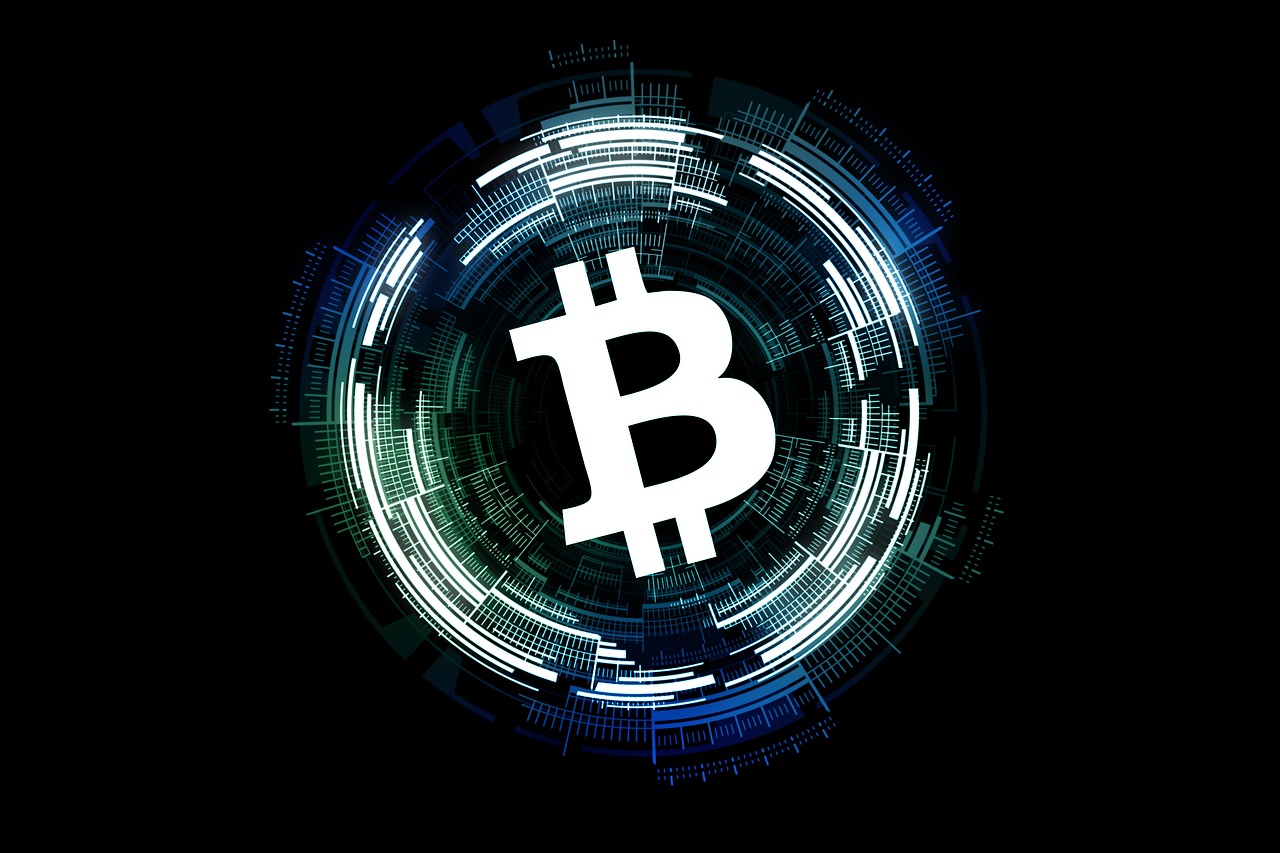Decentralized Finance (DeFi): Revolutionizing Traditional Financial Systems with Cryptocurrency
Introduction:
Decentralized Finance (DeFi) represents a groundbreaking evolution in the financial industry, leveraging blockchain technology and cryptocurrency to offer innovative financial services outside the control of traditional banking institutions. In this article, we’ll explore the transformative potential of DeFi and its impact on traditional financial systems.
Understanding Decentralized Finance (DeFi):
DeFi refers to a broad ecosystem of financial applications and services built on blockchain networks, such as Ethereum, that operate without intermediaries like banks or brokerage firms. These decentralized platforms enable users to access a wide range of financial services, including lending, borrowing, trading, and asset management, directly from their digital wallets.
Key Components of DeFi:
DeFi platforms rely on smart contracts, programmable software protocols that automatically execute predefined terms and conditions without the need for intermediaries. Smart contracts enable trustless transactions, ensuring that funds are securely transferred and financial agreements are enforced transparently and efficiently.
Advantages of DeFi:
DeFi offers several advantages over traditional financial systems, including greater accessibility, transparency, and interoperability. Anyone with an internet connection and a cryptocurrency wallet can access DeFi services, regardless of their location or banking status. Additionally, DeFi platforms provide real-time transparency, allowing users to verify transactions and track funds on the blockchain.
Use Cases and Applications:
DeFi has a wide range of use cases and applications, including decentralized lending and borrowing platforms, automated market makers (AMMs) for decentralized exchanges (DEXs), yield farming protocols, and synthetic asset platforms. These applications enable users to earn interest on their crypto holdings, trade digital assets without intermediaries, and access liquidity for various financial activities.
Challenges and Risks:
Despite its transformative potential, DeFi also faces challenges and risks, including smart contract vulnerabilities, regulatory uncertainty, and market volatility. Security breaches and exploits have resulted in significant losses for users and platforms, highlighting the importance of robust security measures, due diligence, and risk management practices in the DeFi space.
Conclusion:
Decentralized Finance (DeFi) represents a paradigm shift in the financial industry, offering innovative solutions for financial inclusion, transparency, and efficiency. By leveraging blockchain technology and cryptocurrency, DeFi platforms are revolutionizing traditional financial systems, empowering individuals to take control of their finances and access a wide range of financial services without intermediaries. As DeFi continues to evolve and mature, it has the potential to reshape the global financial landscape, driving greater financial inclusion, innovation, and economic empowerment for people around the world.





